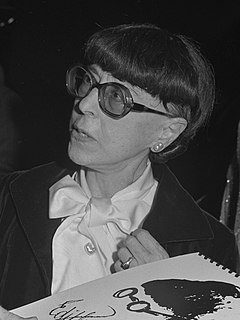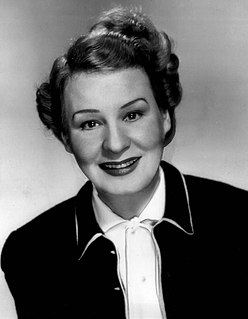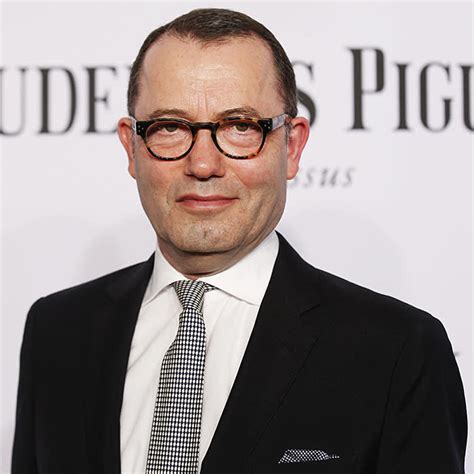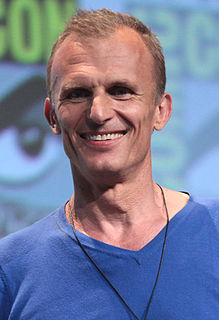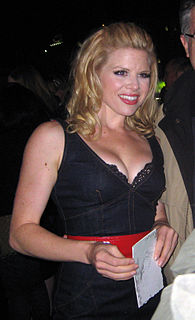A Quote by Edith Head
My motto is that the audience should notice the actors, not the clothes.
Related Quotes
If the audience gets everything, if they see the photography and notice that it is good, then the story goes out the window, but if you become involved with the lives of the actors and forget that you are seeing mechanical devices on a huge screen - forget the make-believe - this is the job of the director to involve the audience with the actors.
I love my situation as a spectator. The actors are only a little bit ahead of the audience. The audience discovers the episode when it's screened, but we actors only discover the episode when we get the script, two weeks ahead of shooting. Until then, we know nothing of the evolution of our characters.
